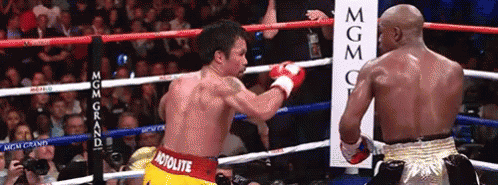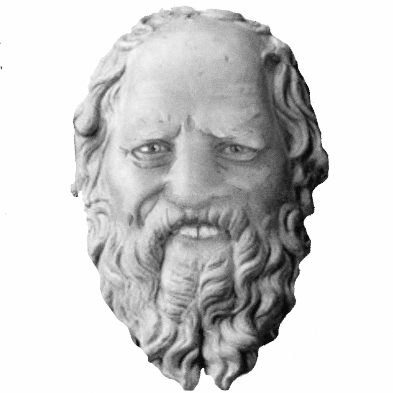“Why are you being emotional? This is a fact! That [omitted] African country is poor and in constant conflict because most of its population is illiterate!” This is the edited, more palatable statement a classmate blurted belligerently during a class.
I won’t name the African nation he mortifyingly castigated. Still, his statement came from a place of limited knowledge of the complexity of colonial history and renegade capitalistic exploitation of resources laced with collective human greed.
This young man made this statement and sent the class into a frenzy because of his arrogant and dismissive opinion and conviction of correctness. It reminded me quickly of my conversations with my good friends Mary and Mwikali about the Dunning-Kruger effect; you may know this as incompetent people displaying more confidence than their more knowledgeable and competent counterparts.
Like this young man in my work experience, my friends and I have sat on the sidelines watching as less qualified and competent people propel themselves to the halls of fame as specialists in areas of competence. So we sat, complaining only to watch the incompetence rise and lower industry standards to suit their incompetence.
I believe if you talk to highly experienced people across various industries in Kenya, the constant refrain is, “the standards have been lowered over time”. There are many reasons for this, but one critical aspect is that competent people tire over the fight with the mass of incompetence surrounding them. The cowering of those who have higher standards and operate in global benchmarking tend to approach their work with much chagrin and despair.
Because in most cases, when someone exudes a conviction that their limited knowledge is beyond reproach, the entry-level of debate and correction is akin to a Mayweather and Pacquiao fight. That takes lots of stamina and determination to topple system incompetence.

So how do you overcome the Dunning-Kruger effect?
Self-awareness – this cannot be overstated. You will continue to wallow in your limiting beliefs and ways until you realise that you don’t know everything and were probably wrong and misleading. And the outcome may be ugly. For example, you are running a communication training convincing people that they can make USD 10,000 a month through your training when people not only don’t make traction but end up losing relevance to their target audience. The incompetent mindset is a road to ruin in the long term.
Learning – the only way to grow from ignorance is to acquire knowledge. We live in the information age, with videos, textbooks, topic books and respected industry experts who have something to offer you to sharpen your knowledge and skill in your area of interest.
Be receptive to divergent views – knowledge’s beauty constantly evolves with research and innovation. With that evolution, more theories emerge. And these divergent theories on topical issues provide room for arguments and more growth. Being receptive to divergent views draws your mind to start to look at things from a new perspective to feed yourself new forms of thinking. You don’t always have to agree with the philosophy; you can pick what is appropriate from it and have a basic understanding of the difference to respect it. And you can also use this to fuel more innovative ideas for yourself and your expertise.
Be receptive to feedback – this is where emotional intelligence is highly required. Not all correction is an assault on your existence. Feedback like divergent views allows us to see things from a different perspective. It allows us to introspect and see how best to improve ourselves continuously.
In the words of the great Greek philosopher Socrates, “the only true wisdom is in knowing you know nothing.”



Leave a Reply